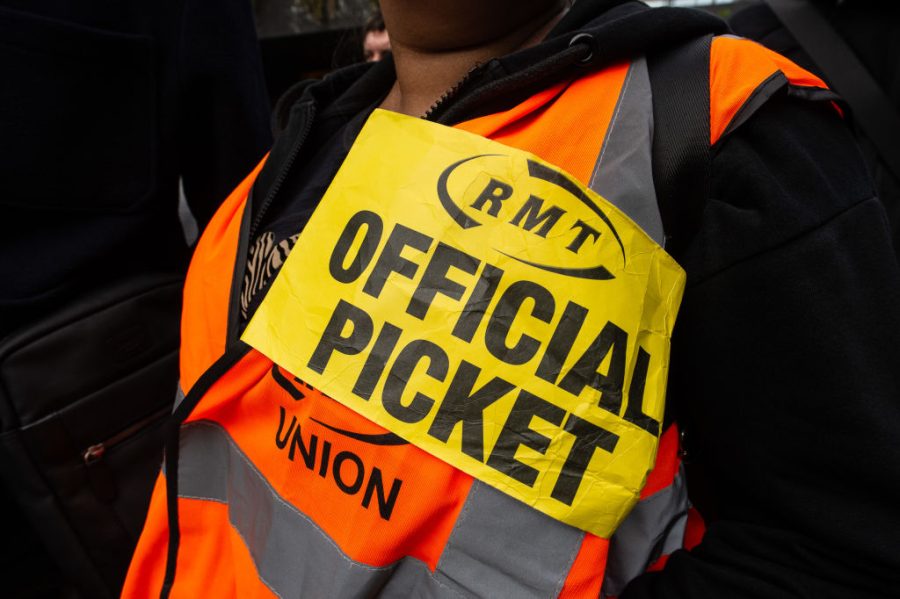Just how thick are the public sector unions? The RMT’s announcement of a week-long strike on the London Underground in September is little short of a death wish. The unions spent 14 years trying to get rid of a Conservative government and its hated ‘austerity’. Within days, an incoming Labour government had awarded public sector workers substantial pay rises with no strings attached: no job losses, no demands to improve productivity, no changes to working practices. On the contrary, they were granted new workers’ rights, the right to demand flexible working hours and all the rest. So what do they do in response? Threaten to re-enact the 1979 Winter of Discontent – yes, the one which finished off Jim Callagahan’s Labour government and ushered in 18 years of Conservative government.
Surely, they can see where this autumn’s round of strikes is going to lead. Can they not see the state of the public finances? The government this year will spend well over £100 billion servicing its debts. We face a budget deficit which will pile yet another £150 billion on the national debt this year – increasing the debt bill next year even more. It may already be too late to save the country from a sovereign debt crisis on the scale of that which engulfed Greece in 2011. Last year’s wage rises have already created a fiscal black hole all of their own.
The unions want instant satisfaction, never mind the longer-term consequences
Twice, Rachel Reeves’ famed ‘fiscal headroom’ has vanished. More tax rises have become inevitable, yet whether they will actually raise extra revenue is a moot point. It is not only workers who can go on strike; there is a serious chance that taxpayers will, too. Do a little less work, investigate tax avoidance schemes which you might otherwise not have bothered with, move abroad, hang onto the home that you planned to sell; there are a myriad of ways in which taxpayers might react negatively to yet another round of tax rises and which might well limit possible revenue from tax hikes.
Yet against this background trade unions have chosen the moment to push for even higher public spending. In doing so they are merely hastening the day when Rachel Reeves has to do what her 1970s predecessor Denis Healey had to do: go crawling to the IMF for a bailout. But there will be a very big price to pay. Just as the ECB demanded huge cuts in public spending in Greece, so Britain will be forced to slash public sector employment, salaries and pensions.
Wiser union leaders would see this and realise that their interests hinge on a fiscal crisis being averted and the Labour government surviving in office. They would hang back, realise that the government has gone as far as it possibly can on public sector wages and accept the wage increases which have been offered. The offer made to tube workers – 3.4 per cent – may be a little behind this week’s inflation figures, yet it is in line with the Retail Prices Index (RPI) back in February, a traditional benchmark for their workers. They would sit and wait for better fiscal days – and then subtly ratchet up their pay demands.
But just as in 1979 the unions can’t seem to see any of this. They want instant satisfaction, never mind the longer-term consequences. Those consequences will be a very long, dark winter for the public sector.







Comments